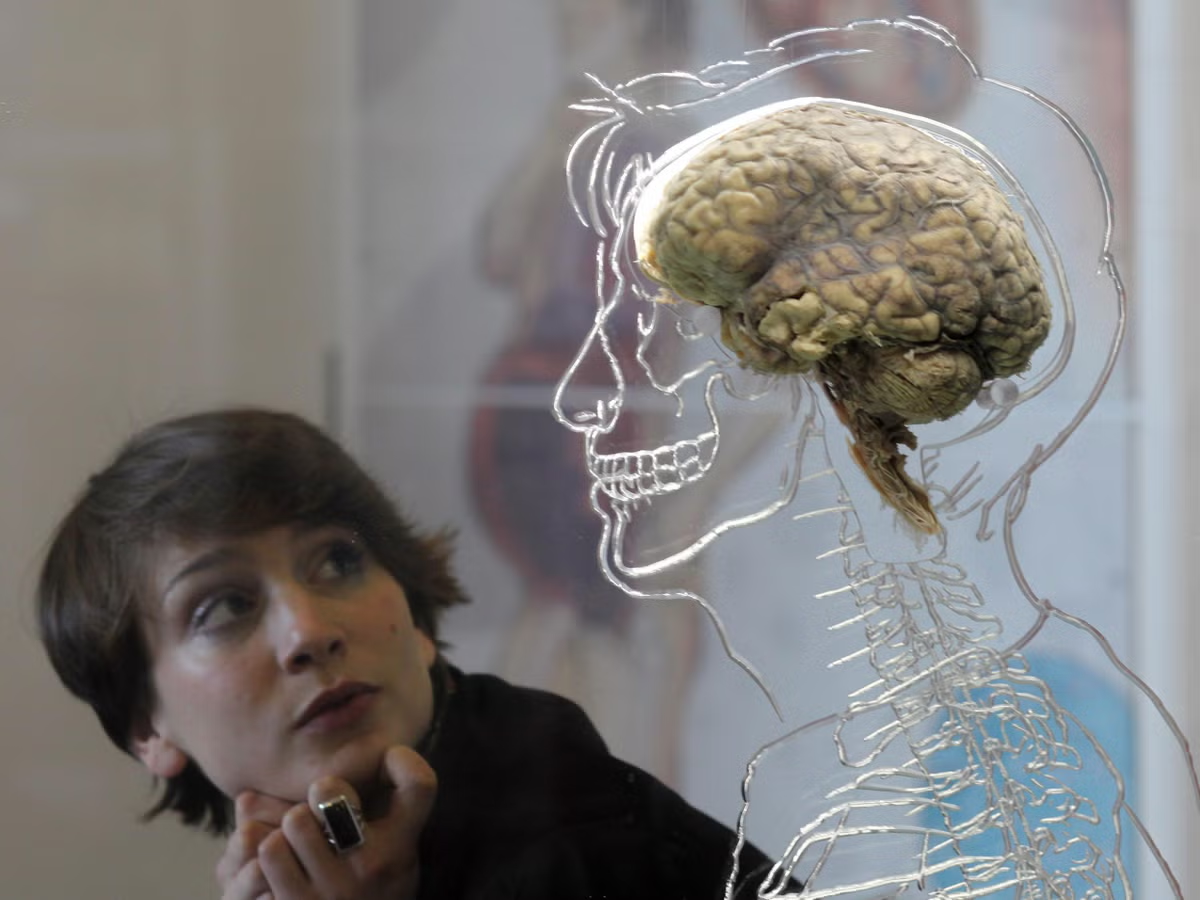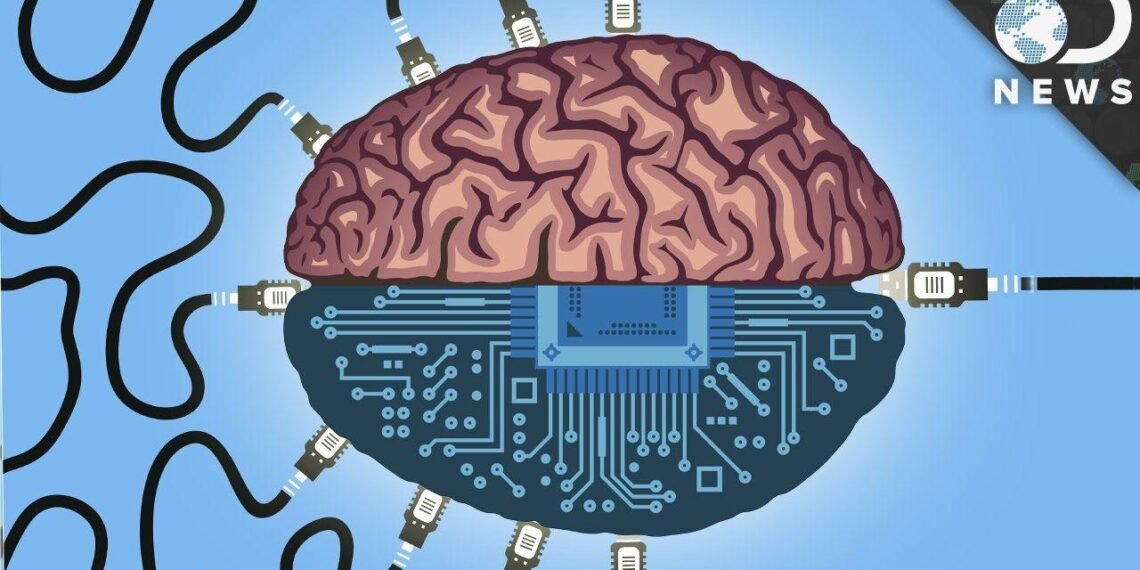The idea of transferring the human mind into a computer, often referred to as mind uploading, brings together imagination and scientific inquiry. This concept involves creating a precise digital replica of a person’s brain, including memories and personal awareness, allowing them to exist in a virtual world. Within such a digital environment, individuals could engage in familiar activities or accomplish extraordinary feats like flying or exploring distant planets.

While the concept is theoretically possible, significant challenges remain. Understanding the intricacies of the human brain is still in its early stages, leaving such advancements far into the future. Yet, technological history demonstrates that even the most complex ideas can eventually become achievable, offering the possibility that this sci-fi vision could someday become reality.
Key Takeaways
- Mind uploading involves recreating human consciousness in a computer.
- Fully understanding the brain is critical for achieving this goal.
- It remains a theoretical concept with uncertain timelines.
Living Inside a Laptop
Recreating the human mind within a computer, often referred to as mind uploading, demands extreme precision. For such a process to succeed, an individual’s brain would need its external sensory inputs replicated. A person’s ability to see, hear, feel, and even detect internal bodily states like hunger or heartb
eat would require highly detailed simulations. Without these elements, any uploaded mind could face severe mental strain.
Sensory deprivation is known to cause serious psychological challenges, highlighting the importance of creating an accurate digital environment. Even small errors in sensory simulation may disrupt cognitive stability, making the task of developing this technology especially daunting. For example, the absence of tactile or visual feedback could result in confusion or distress for the individual within the virtual system.
Brain-computer interfaces, as key components of mind uploading technology, are central to bridging humans and AI systems. However, the current state of computing power and scientific understanding is far from achieving this goal. Researchers are still working to uncover how to replicate the complex processes of the brain while maintaining its connection to a simulated yet functional external world.
The sheer complexity involved showcases just how far technological advancements must go before mind uploading can transition from theory to reality.
Mapping Tiny Connections in the Bra
in
Creating a detailed 3D map of the human brain requires advanced brain scanning technology far beyond what is currently available. Today’s tools, like magnetic resonance imaging (MRI) and functional MRI (fMRI), provide insights into brain activity and structure, but they lack the resolution necessary to capture the immense complexity of the human mind.
To emulate the brain, scientists would need to record the structure and activity of all 86 billion neurons, along with their trillions of microscopic connections, known as synapses. Each neuron, smaller than the tip of a pin, constantly adjusts its functioning. This dynamic activity presents a significant challenge for brain simulations, as capturing static data is not sufficient. The model would need to reflect continuous changes at potentially molecular levels.
Although current efforts focus on mapping simple brains, like those of flies or small sections of mice, these early experiments with fMRI and related methods highlight the monumental task ahead. Future advancements in brain scanning technology will be essential to overcoming these hurdles.
Could Mind Uploading Arrive by 2045, 2145, or Even Later?
The timeline for mind uploading remains a major topic of debate among scientists, technologists, and futurists. While optimistic predictions, such as those of Ray Kurzweil, suggest breakthroughs could occur as early as 2045, many believe these forecasts are overly ambitious. Advances in computing power, driven by trends like Moore’s Law, are indeed exponential, but replicating the intricate processes of the human brain remains an extraordinary challenge.
One conceivable pathway to digital immortality involves replacing biological neurons with artificial ones. Hypothetically, these artificial neurons could mimic the workings of the human brain down to its core computations. Unfortunately, the science to swap even a single biological neuron for an artificial counterpart is nonexistent today. This highlights the vast complexity involved—86 billion neurons in the brain must interact seamlessly for thought and consciousness to emerge.
Another challenge lies in decoding how neurons collectively generate complex computations. Comparing this process to the structured design of mechanical objects, like cars, underscores the difficulty: understanding a conceptual framework for how the brain operates is easier said than done. Unlike machines, the brain’s functions extend far beyond its physical components, making full replication a tall order.
The Turing Test offers another angle in the conversation. While machines are inching closer to passing this iconic test, which measures whether artificial intelligence can mimic human responses indistinguishably, the leap to replicating full consciousness remains in a different realm entirely.
Despite skepticism, there’s no shortage of enthusiasm—or funding—for mind uploading research. Billionaires and visionaries alike find the promise of immortality compelling, investing heavily in projects that aim to extend human life beyond biological limits.
Timeframes vary wildly. Some projections place the arrival of mind uploading at the end of the 21st century, while more conservative estimates extend into the 22nd century or beyond. Although such timelines highlight uncertainty, the rapid pace of technological advancement suggests that breakthroughs may ultimately outpace expectations—but whether that happens within decades or centuries remains an open question.
Common Questions About Uploading Human Minds
When might it be possible to upload a human mind?
The timeline for achieving viable mind uploading is uncertain. Progress in neuroscience and computing needs to reach levels far beyond current capabilities. Predictions suggest it could take decades or even longer before the technology is operational.
What progress is required for mind uploading to work?
Advances in brain imaging, along with faster, more efficient computational systems, are necessary. Technologies that can map neural connections with extreme precision and emulate mental functions accurately are key milestones.
Are scientists close to downloading the contents of the brain?
Researchers are still far from decoding the brain’s complexities completely. Although some breakthroughs in neural mapping offer hope, critical barriers such as understanding consciousness and replicating cognitive processes remain unresolved.
What ethical concerns arise from transferring consciousness to artificial systems?
Ethical debates focus on identity, the nature of personhood, and the societal impact of uploaded minds. Issues like consent, ownership, and digital immortality could reshape moral frameworks significantly if this concept becomes reality.
Could human brains be replicated or form the base of computer systems?
While theoretical frameworks exist in favor of replicating neural architecture, practical applications remain limited. The complexity of biological systems and cognitive functions challenges the notion of creating true replicas or computational equivalents.
What new developments are happening in mind uploading research?
Emerging technologies in brain-machine interfaces and experimental emulation methods are paving the way for future studies. Innovations like advanced neural scanning techniques continue to expand possibilities in the field.






































Comments 1